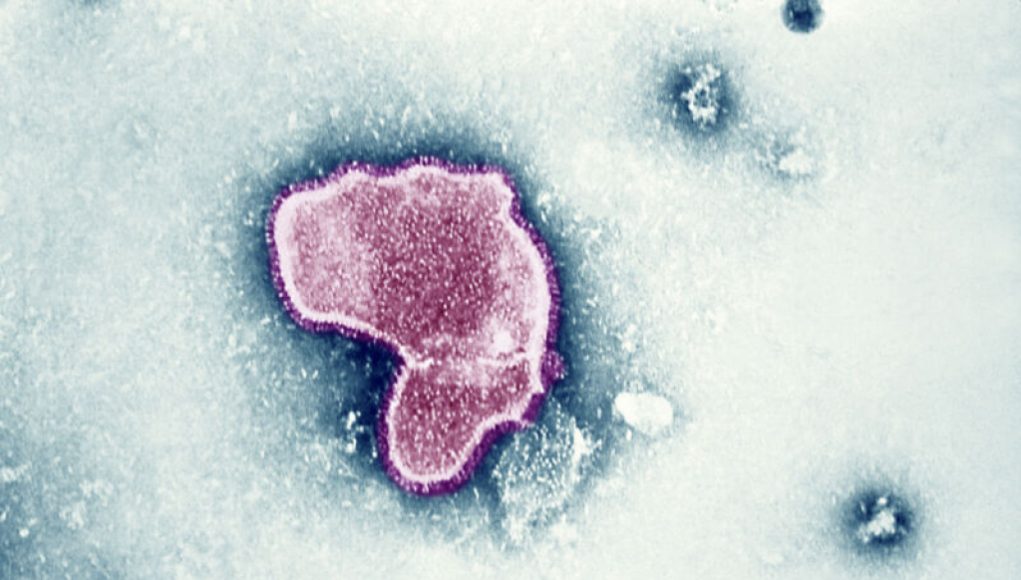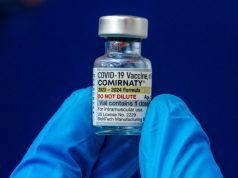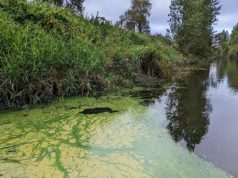The Food and Drug Administration has made history by approving the world’s first vaccine against respiratory syncytial virus (RSV). This achievement has been decades in the making, following a catastrophic clinical trial in the 1960s. The vaccine, called Arexvy from pharmaceutical giant GSK, has been approved for adults aged 60 and over. However, the Centers for Disease Control and Prevention will need to recommend the vaccine before it can be used. RSV is a highly contagious seasonal respiratory infection that is dangerous for both infants and older adults. In fact, bronchitis from RSV infections is the leading cause of hospitalization among infants under the age of 1 in the US. But the virus is also responsible for an estimated 60,000 to 160,000 hospitalizations and 6,000 to 10,000 deaths in older adults each year in the country.
In an ongoing clinical study of adults aged 60 and older, the vaccine reduced the risk of developing lower-respiratory tract infection from RSV by 82.6 percent and reduced the risk of developing a severe RSV infection by 94.1 percent. This is a significant breakthrough, as older adults, particularly those with underlying health conditions, such as heart or lung disease or weakened immune systems, are at high risk for severe disease caused by RSV. Peter Marks, director of the FDA’s Center for Biologics Evaluation and Research, said in a statement that the approval of this first RSV vaccine is “an important public health achievement to prevent a disease which can be life-threatening.”
GSK’s vaccine is just the first of several RSV vaccines in the works. Pfizer has an RSV vaccine for adults 60 and up that was nearly 86 percent effective against severe disease in a phase III trial. It is now being reviewed by the FDA and is expected to gain approval this month. In January, Moderna said its RSV vaccine for older adults was 82 percent effective against severe disease.
The vaccines are a triumph after researchers spent decades working to find a safe and effective design for the immunizations. Small trials of early vaccine candidates in the 1960s led to children developing more severe RSV than unvaccinated children. Two vaccinated children died following their infections. Subsequent research showed that those early doomed vaccines presented a key protein—the F protein—in the wrong conformation, spurring the immune system to generate impotent antibodies and exaggerated inflammatory responses that made the disease worse. It wasn’t until decades later that researchers at the National Institutes of Health figured out how to lock the F protein into a conformation that would induce an effective immune response, paving the way for the current vaccine designs.
The United States Food and Drug Administration took an historic decision to approve the use of a vaccine to combat Respiratory Syncytial Virus (RSV) in adults aged 60 and older in the US and its territories.
RSV is a highly contagious, common virus and a major cause of viral respiratory infections in young children. Symptoms in young children can range from mild to severe, disrupting daily life and contributing to increased hospital visits.
The vaccine, developed by AstraZeneca, is now approved for all adults aged 60 and older. This marks a significant milestone in combating RSV as this age group is particularly vulnerable to the virus, often suffering from more severe symptoms including significant lung problems.
“This is a truly historic occasion,” said FDA Commissioner Stephen M. Hahn, M.D. “It marks the first approved vaccine specifically designed to prevent RSV infection in an age group that has been known to suffer significantly from the virus.”
The FDA’s approval of the RSV vaccine is the result of several years of research, development, and safety studies conducted by AstraZeneca. The company developed a novel antigen-based approach that creates a tailor-made, tailored response to the virus. The vaccine was tested in over 16,000 people aged 60 and over in clinical trials that demonstrated its effectiveness in preventing infection.
In its announcement, the FDA stressed the importance of continuing to monitor the safety of the vaccine and added that the “agency is committed to working actively with AstraZeneca to ensure that this vaccine is used safely and appropriately.”
The approval of the RSV vaccine for adults aged 60 and older is an important step forward in preventing the virus and provides older adults with a way to protect themselves against it.
Submitted by Julie Cobb, MD




















